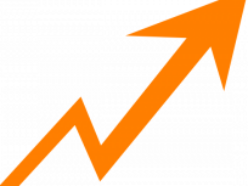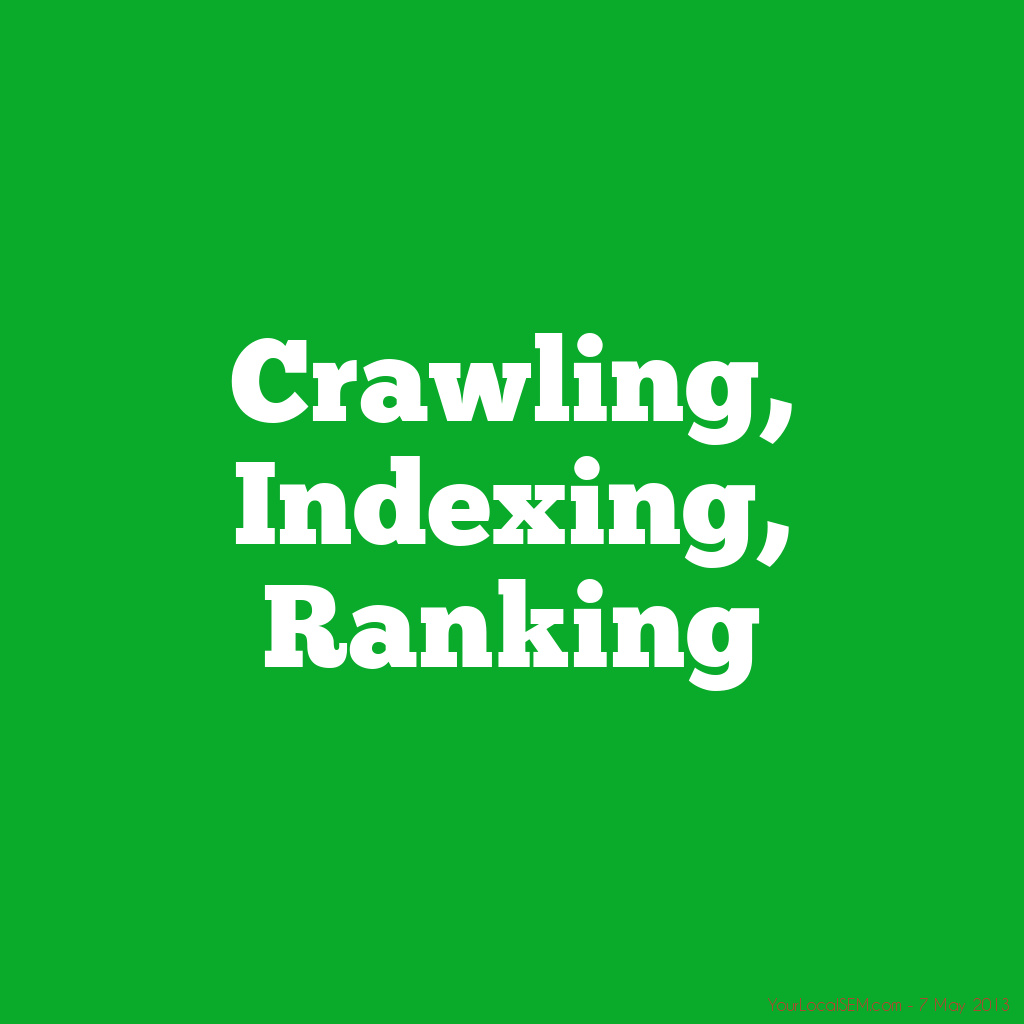Last Updated on 27 Mar 2022 by SEO Manager
How fast will my Website appear on Search Engines like Google, Yahoo, Bing & DuckDuckGo?
What is Crawl, Index and Rank?
One of the first question everyone wants to know is how fast will my website rank?
Launching a brand new website is hard work. When you first start out, your website is completely unknown to the search engines. Because your website has not been ‘crawled‘ and ‘indexed‘, it has not been ‘ranked‘. And yes, you have no inbound links and thus you can’t be found in the search engines.
Crawling is the discovery of your website. The search engine bot visits the site and identify the contents of the website.
Index is identifying the content of your website; pages, images, videos, internal links; external links, and so on.
Do You need Help with Crawling, Indexing and Ranking ?
Call Us TODAY at
855-515-5544
Google / Bing / Yahoo say that there is no guarantee that their web spiders will definitely index your site. DuckDuckGo indexes your website from other search engine results.
Ranking is the result of the crawling and the indexing. Search engines analyze multitude of standardized signals (known only to them for their weight and importance) and create a rank based on that. Your rank is determined by what pars of website’s content that will best answer a searcher’s query. Search engine will then create a rank on the fly and deliver the search engine results page (SERP)
A website will probably not make it show in the top search results unless it is fully optimized. This process is called ‘Search Engine Optimization’.
So, what is the first step?
A well structured custom professional website is a start. This means all the content is good and relevant. All the pages have appropriate names and generally known names, like About Us, Contact Us and so on. By having good content containing the keywords that the visitors will look for a site when they search on Google / Bing / Yahoo as part of the content, the website becomes visible and relevant to search engines.
Provide high-quality content, especially the homepage. If the website pages contain useful and unique content information, it will attract many unique visitors.
In creating a helpful, information-rich site, write pages that clearly and accurately describe your topic. Think about the words users would type to find your pages and include those words on your site.
Make sure that your website is ready (i.e. no broken links, etc.).
Second Step is off-page work or meta tags.
This off-page work is done by using keyword relevant ‘META’ tags in the HTML code. As search engines have become more complex and selective, the number of ways to add meta tags have also increased. Labeling the structured content to help users find pages relevant to users search is very important.
Always use specific keywords.
Create a sitemap file for your website.
And the Third Step?
Submitting a website to major search engines like Google / Yahoo / Bing will get the site indexed as soon as these engines become aware of site’s existence. There are various ways to accomplish this task. We at www.yourlocalsem.com maintain professional analytics
Wait for about 2 or 3 days. Check Google by typing your website name in the search box with the word “site:” before the www.yourlocalsem.com site:https://yourlocalsem.com. If it shows up in the result, it means that Google has indexed the website.
So, what are you doing today?
Act Now. Call us Today.
We will provide you FREE and no obligation quote for your needs.
Our experienced team knows how to take your needs into account and deliver to you a marketing program that turns potential visitors into business!
Do You need Help with Crawling, Indexing and Ranking ?
Call Us TODAY at
855-515-5544
Published on: May 7, 2013 @ 19:30





